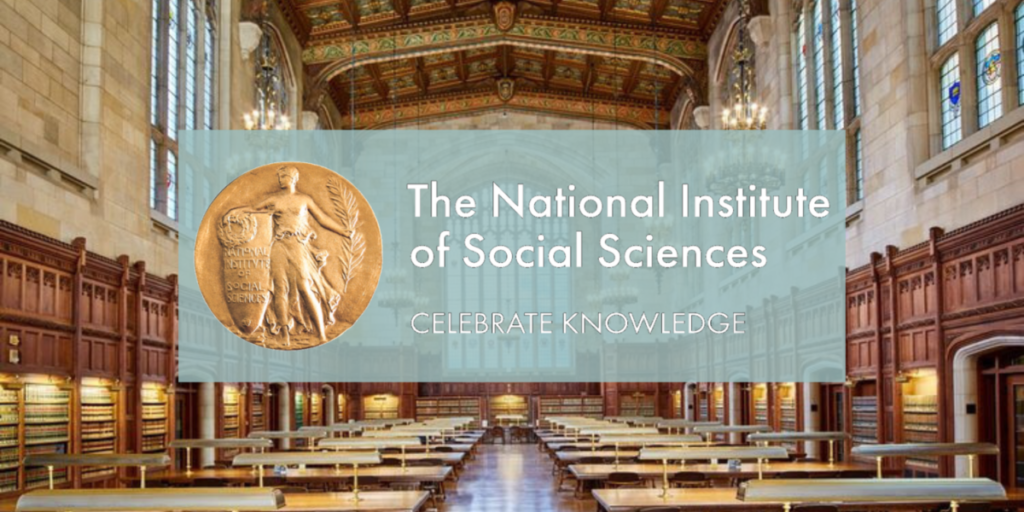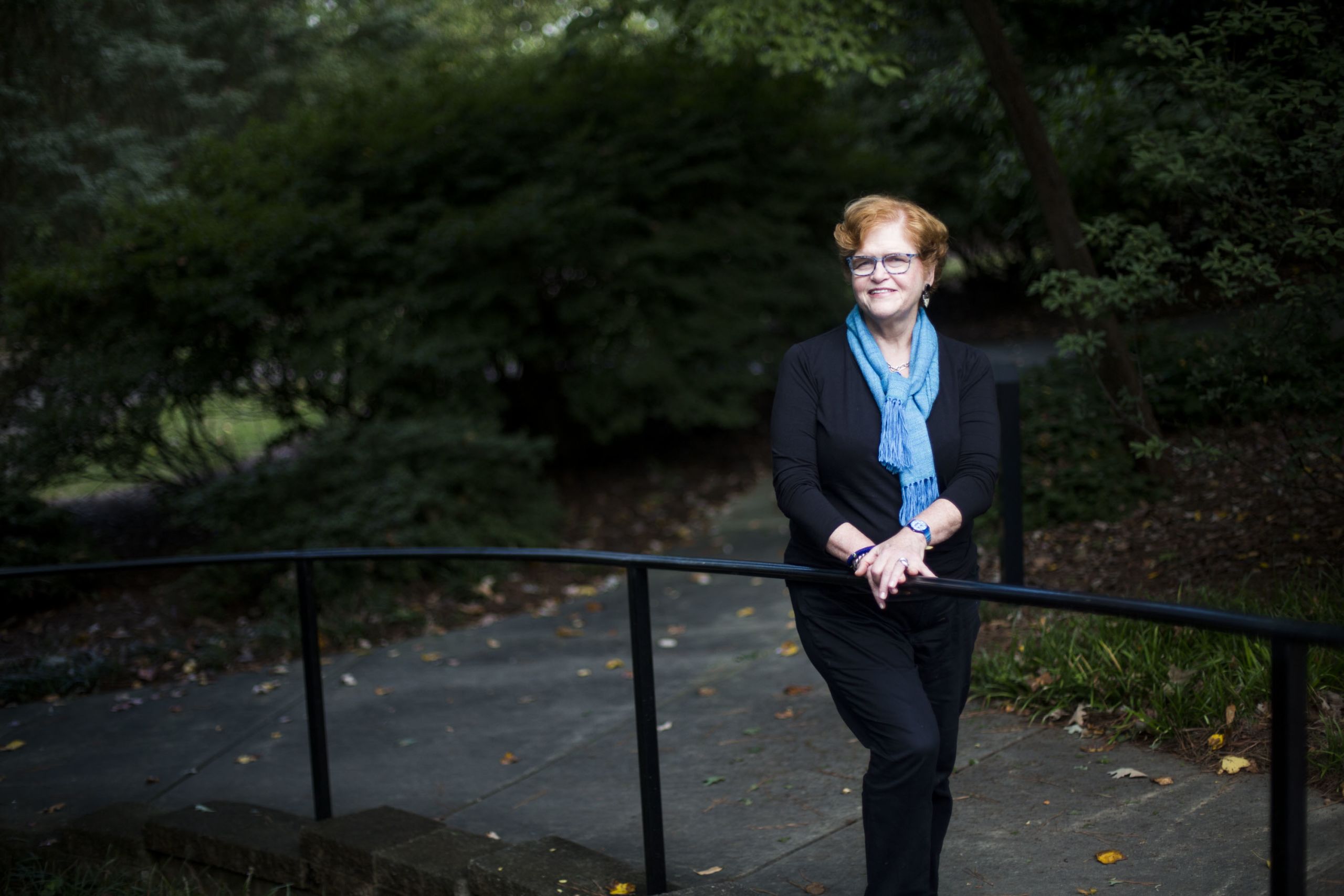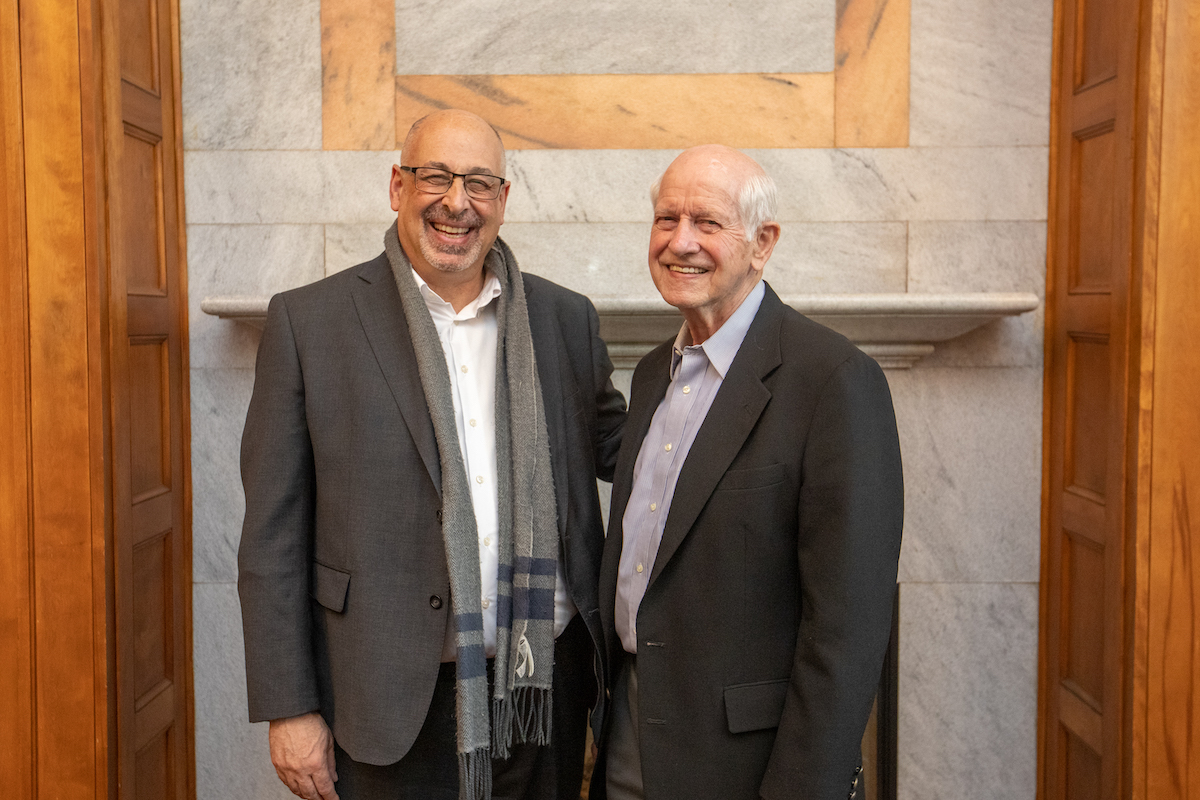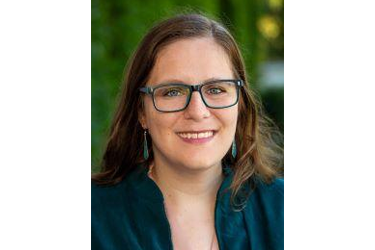
Dr. Carol Anderson, Charles Howard Candler Professor and chair of the Department of African American Studies, has been elected to the American Philosophical Society. The oldest learned society in the United States, the APS is composed of top scholars from a wide variety of academic disciplines. Read more about this year’s cohort: “The American Philosophical Society Welcomes New Members for 2023.”








